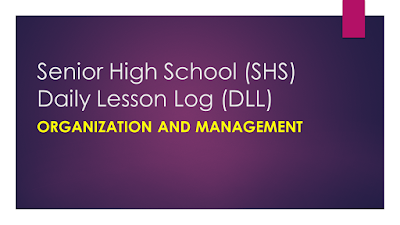In 2011, the EU commissioned a feasibility study aimed at understanding the state of the art of how EU authorities identity the Beneficial OWners of legal entities in the fight against money laundering NETworks: Project BOWNET. Led by Italian research center Transcrime in collaboration with the European Business Register (EBR) and four other partners, the project explored what information is currently available and what is needed to create a streamlined support system for the many European agencies involved in anti-money laundering (AML) efforts to identify beneficial owners concealed behind suspicious, complex corporate entities, sometimes referred to as “Chinese boxes.”
Project BOWNET issued their final report earlier in March. It’s full of survey results about what data sources European law enforcement agencies, financial intelligence units and others involved in AML use to track down those behind dirty money. Some takeaways:
- These folks use company register data all the time, and more often than not, it’s accessed directly from the business register than through an intermediary. It’s not always free or easy to access however; the report notes that business registers often only accept credit cards as a means of payment for access to certain data points or documents, which are not often available to police investigators
- There is not a big demand for software tools to help analyze this data (i.e. through visualizations, or social network analysis). Existing platforms (like IBM’s Analyst’s Notebook or other i2 products) do this sufficiently.
- There is a significant demand for tools to more easily gather and collate this information, because it comes in such messy, heterogeneous formats, and the specific pieces of information vary by jurisdiction. The BOWNET recommendations centered largely around addressing this deficiency.
I spoke yesterday with Michele Riccardi, a professor at the Università Cattolica del Sacro Cuore and Transcrime researcher who managed the project. He has been presenting findings to various audiences of European officials, and thought that while there is great interest in the work and “good momentum” around coordination and information access initiatives to ease the work of AML actors, it’s too early to understand what the full feedback is to the report.
Part of this is because the role of company registers in AML work in Europe will be shaped by the 4th EU Anti-Money Laundering Directive, draft text of which was just released in February. Moneytrail.eu offers a helpful breakdown of the changes from the existing 3rd EU AML Directive. According the Riccardi, the new directive was expected to stipulate a much larger role for company registers in capturing beneficial ownership information. Transparency International was critical of the text, stating that it “fall[s] short” of what is requires. However, at a March 18th European Commission conference on AML, capturing information on beneficial ownership was demanded by actors across different industries, and TI campaigners were optimistic that with UK leadership, the EU will make progress in this area.
Changing the rules of registries in individual countries, even those with deep political and economic connections such as in the EU, is a tricky affair, both technically and politically. As Riccardi put it, each register “wants to keep their autonomy and ownership of the te information they provide, so they impose their own specific rules. The most practical and operational recommendation [from the BOWNET report] is to use the data that is available now.”
Riccardi and colleagues are working on a new project proposal with the European Business Register to help do just that, link together existing data from Italy, Romania, Estonia, the Netherlands, Latvia and Ireland. Unsurprisingly, given the relationship to the EBR, this venture is in a similar space to the service GBRDirect provides. Although the initial audience would be exclusively law enforcement/financial investigative units, they might potentially expand into broader commercial access if demand developed. Building on existing work done to access business register data in Italy and Estonia, the initial value proposition of the service would be to allow official working on AML to easily search records from these countries through a single platform. It might ultimately expand to offer more complex analytical services – i.e. visualization or social network analysis.
As an EU-commissioned project, BOWNET obviously looked exclusively at data-sharing and accessibility in a European context, but the connection to U.S. and other global registers is obvious. Money laundering and other illicit financial flows are global. The regional trend in Europe toward sharing information about businesses are an important step toward the vision of a unified picture of the world’s ownership structures and financial flows that FATF , transparency advocates, and transparency-minded politicians (perhaps David Cameron?) aspire toward.





















